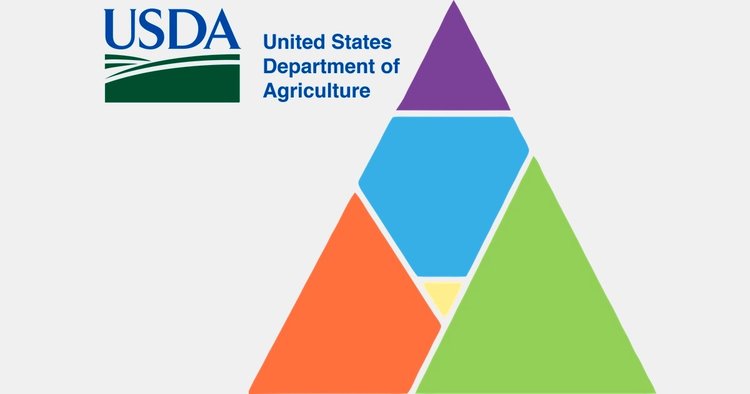My post yesterday on why A Calorie is NOT a Calorie — and why “eat less, move more” is a simplistic and harmful slogan masquerading as scientific weight-loss advice — led to a delightful reconnection with someone I first met more than a decade ago.

My good friend Dave deBronkart’s comment on my LinkedIn post drew Dr. Ted Eytan into the discussion, and it was a great pleasure to renew our acquaintance.
I first met Dr. Eytan in 2009 when we were on a panel together at a conference in Baltimore (which was also the day I met Ed Bennett for the first time after having interacted for several months on Twitter).
I was delighted to learn that he’s taken on a role as Associate Director with The Nutrition Coalition, and that he’s engaged in the effort to have U.S. Dietary Guidelines reflect sound science.
I had heard Nina Teicholz on a podcast talking about the Dietary Guidelines Advisory Commission and her work with The Nutrition Coalition, so it was cool to find out that Dr. Eytan is working so closely with her. As described earlier in this series, her book — The Big Fat Surprise — started me on this journey of dietary discovery.
The Nutrition Coalition is urging public comment as the U.S. Dietary Guidelines Advisory Commission is developing its 2020 Guidelines. This process happens every five years, and it has a huge impact. It affects everything from hospital meals to school lunches to what physicians and dietitians recommend to patients.
I submitted my comments last night. I hope you’ll check out all of the great information from The Nutrition Coalition and do likewise.
Tomorrow I’ll continue the series about my health journey. Follow along on Facebook, Twitter and LinkedIn.
Please paste in your comments so we can learn, think and amplify!
Is there a hashtag for the guidelines update conversation? If not let’s make one!
Thanks, Dave. Here’s what I said:
As you are developing the 2020 Dietary Guidelines, I believe it is essential that a rigorous and independent scientific analysis of relevant studies is completed. I am concerned that your definition of a low-carbohydrate diet (<45% of calories) is too broad, and that instead it should be based on stricter limits that reflect best practices of those who advocate carbohydrate restriction. With 45% of calories coming from carbohydrates, the insulin response is still likely to be high enough that it will prevent fat metabolism.
The role of saturated fats also should be rigorously examined, and particularly the lack of connection between dietary consumption of these fats and serum LDL levels.
The previous editions of dietary guidelines have coincided with marked increases in obesity and diabetes throughout society. A new direction is needed, and from my reading as a layman of various studies and my personal experience of losing 45 pounds and maintaining that weight for several years by limiting carbohydrates, I believe the 2020 guidelines should include a low carb, high fat diet among its acceptable recommendations.